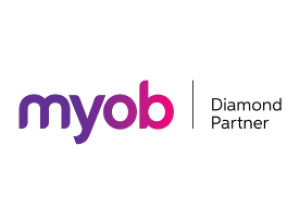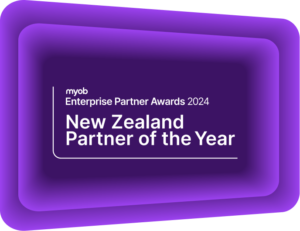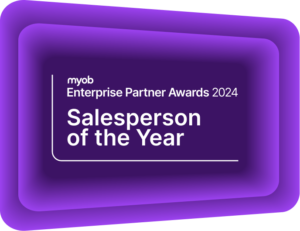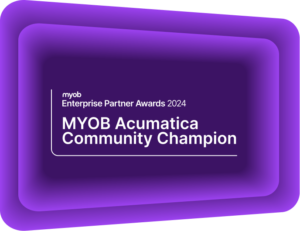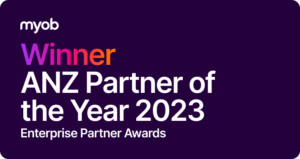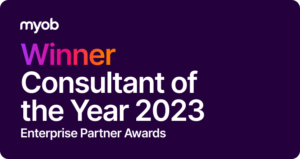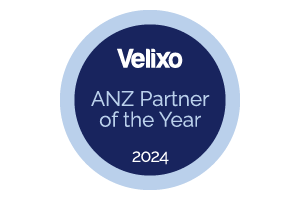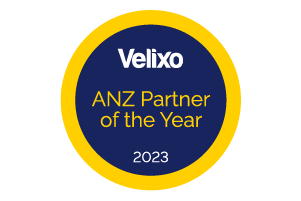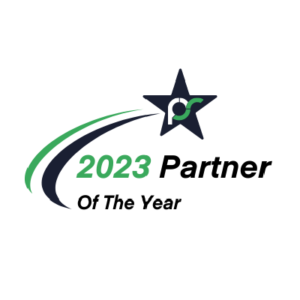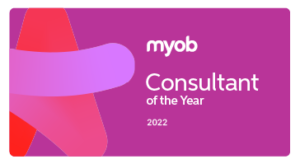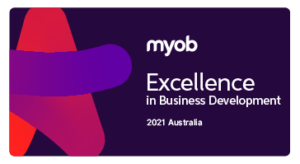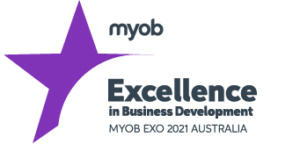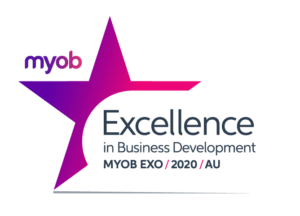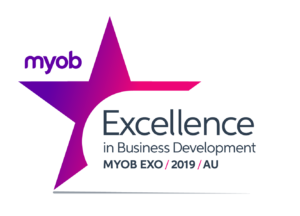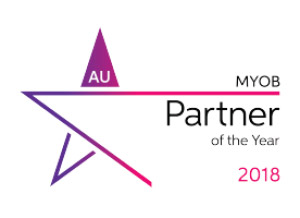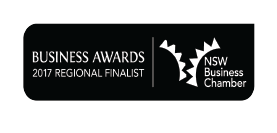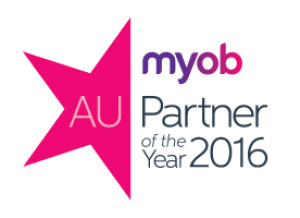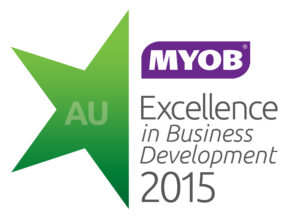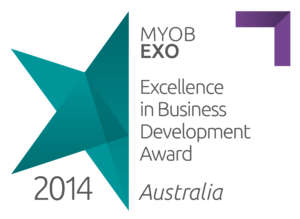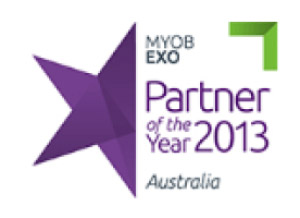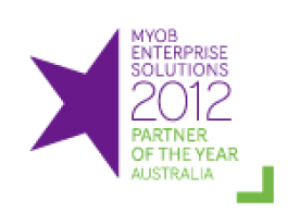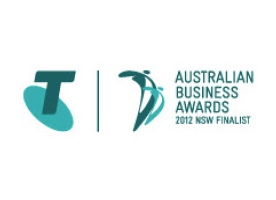The CFO’s Guide to ERP Strategy, Selection, and Implementation
Discover how CFOs are using proven, innovative technology to improve efficiency in their organisations.The role of a modern CFO has shifted from purely financial to becoming a driver of efficiency, risk management, and business agility. Migrating to a new ERP system is clearly in the focus of their evolving responsibility. With their strong influence over a business’s financial success, as well as the newfound ground for efficiency improvement, CFOs are a key stakeholder in the choice.
An Enterprise Resource Planning (ERP) implementation represents an organisation’s commitment to digital transformation and operational efficiency improvement – something that CFOs have a strong hand in driving and maintaining.
Common Challenges Finance Teams Face Without a Modern ERP
Organisations that have not yet implemented an ERP system will be using a more basic, “off-the-shelf” accounting system. Accounting systems were already well within the purview of CFOs and Finance teams. They likely manage Accounts payable and receivable, debtors and creditors, generate and send invoices, and construct profit and loss reports using their accounting system.
However, finance teams and CFOs can face a range of challenges when they are limited by their accounting systems:
- Manual consolidations and limited visibility of financial data across multiple companies,
- Delayed month-end closing and reporting to management,
- No reconciliation between Financial accounts and Management accounts and reports
- Stressful and complicated end-of-period and end-of-financial-year processes,
- Inability to efficiently manage regulations and compliance,
- An ecosystem of disconnected systems that you need to draw data from,
- Overreliance on static spreadsheets and out-of-date data to drive decision-making.

AI Readiness Evaluation Checklist Brochure
Download nowHow an ERP overcomes these challenges
An ERP system is a more powerful, more functional, and more connected platform compared to an accounting system. It becomes the single source of truth for the entire organisation, regardless of company structure and departmental separation.
Because of this connection and integration of your departmental data, you have access to information from across the business in real-time. This means much faster month-end and end-of-financial-year processing, reduced manual reconciliation of company books, elimination of manual data duplication across systems, and updated support for stringent compliance requirements. These benefits are why ERP systems improve efficiency and set your company up for future success.
What CFOs Should Look for in an ERP System
There are many ERP systems available in the market, and each one has its own strengths and weaknesses. It is important for CFOs to review and evaluate options to select an ERP system that can support the strategic goals of their organisation.
Real-Time Financial Visibility and Reporting
Despite the evolving role of the modern CFO, financial management and oversight remain the primary focus. Your ERP system should support detailed and customisable financial and management reports. This allows you to see accurate, up-to-date data from across the organisation, without consolidating disconnected databases and manipulating static spreadsheets. You can answer business questions immediately, leading to faster decisions that are informed by real-time data.
MYOB Acumatica, the #1 ERP system chosen by Australian and New Zealand organisations (iStart Buyers Guide 2025-26), includes numerous options for real-time financial visibility and reporting:
- Role-specific, user-defined dashboard reports are available on sign-in in
- Reporting based on Generic Inquiries, a no-code reporting and data extraction tool for database queries,
- Dedicated screens to streamline EOFY reconciliations and ensure smooth end-of-period processing,
- Integration with dedicated business intelligence and analytics tools such as Power BI and Phocas,
- The Velixo add-on for real-time spreadsheet reporting, so you can build totally custom reports with live data and writeback in Excel.
Strong Compliance and Audit Readiness
An ERP system should support your organisation’s industry and regulatory compliance requirements. It can do this with in-built tax models and document management – ensuring that everything is calculated and stored correctly from first principles. From an audit perspective, you need rigid controls and traceability. Knowing that your data is secure and being able to drill down to the root of any anomalies is the key to rigid financial control that comes with complex operations.
MYOB Acumatica has user-access controls so that only team members with specific roles, profiles, or licences can see specific information. Data is secure with 2FA and single sign-on (SSO), both available. This reduces clutter for your team but also maintains data security and protects sensitive information. You can also provide specific licences for external accountants and auditors. MYOB Acumatica also supports the requirements of a range of industries, including Construction, Manufacturing, Engineering, Not-for-profit, Government, and Healthcare, that might have more stringent industry requirements.
Budgeting, Forecasting, and Scenario Modelling
Once you have stopped looking backwards, fixing mistakes and manually producing reports, you can look forward to forecasting, modelling, and planning for the future. A modern ERP system can use the historical data collected to build accurate forecasts and budgets that reflect reality, instead of guesswork. This is a key period is setting yourself apart from the competition, being in a secure position to respond quickly to dynamic market conditions.
MYOB Acumatica can produce accurate budgets and forecasts using real-time information, especially in tandem with dedicated best-of-breed add-on solutions such as Phocas or Velixo. These tools use the live data in your ERP system, putting the information at your fingertips automatically.
The CFO’s Role in ERP System Selection and Implementation
CFOs play a significant role in identifying the need for an ERP, choosing the right system, and driving the implementation. This includes:
- Identifying bottlenecks and areas that can be improved through ERP system implementation,
- Building the business case for an ERP system and getting buy-in from management and the finance team,
- Selecting or influencing the selection of an ERP system to best fit your current and future requirements,
- Defining business requirements that inform the design phase of the ERP implementation,
- Working with the implementation team to build, test, and deploy the live system,
- Training and onboarding the team and ensuring long-term adoption of the ERP system,
- Identifying future methods of efficiency improvement and how the system can support your changing requirements,
- Staying abreast and taking advantage of enhancements and new features in the ERP system to improve efficiency.

Cloud ERP a sound return on investment eBook
Download nowWhy CFOs Choose Kilimanjaro Consulting for ERP Projects
Kilimanjaro Consulting is a premier ERP implementation partner that specialises in meeting the needs of larger, more complex organisations. We have deep experience in designing and implementing ERP systems to meet the needs of organisations with multiple companies, board reporting, and industry compliance requirements that CFOs manage. Our team forges lifelong partnerships with your organisation, so that we can continue to help you improve efficiency with the clever use of proven technology.
Kilimanjaro Consulting is a specialist implementer of MYOB Acumatica. MYOB Acumatica is a powerful, cloud-based ERP system, based on the globally recognised Acumatica Cloud ERP. Acumatica is developed by the Acumatica company in Seattle, USA. MYOB localise the Acumatica solution to create MYOB Acumatica – so ANZ organisations can enjoy the benefit of powerful global software, with local configuration and tax. MYOB Acumatica has a range of ERP modules such as Finance, Projects, Sales & Customer, Inventory and Supply Chain, Payroll, Production, Manufacturing and Field Services to cover all areas of your business in one connected platform.

How to choose an implementation partner eBook
Download nowNext Steps
For CFOs who are just beginning the ERP journey for their organisation, the next step is to talk to our expert consultants. We can guide you through the ERP selection process, providing open, honest advice about your options and recommending areas of improvement beyond software implementation.
For CFOs who are already considering MYOB Acumatica as their next ERP system, our team’s wealth of knowledge and experience can help you navigate the implementation project and deliver risk-free, successful outcomes.
Contact us to start the discussion and improve efficiency with proven, innovative, and creative cloud-based ERP technology. Email sales@kilimanjaro-consulting.com or call 1300 857 464 (AU) or 0800 436 774 (NZ).

